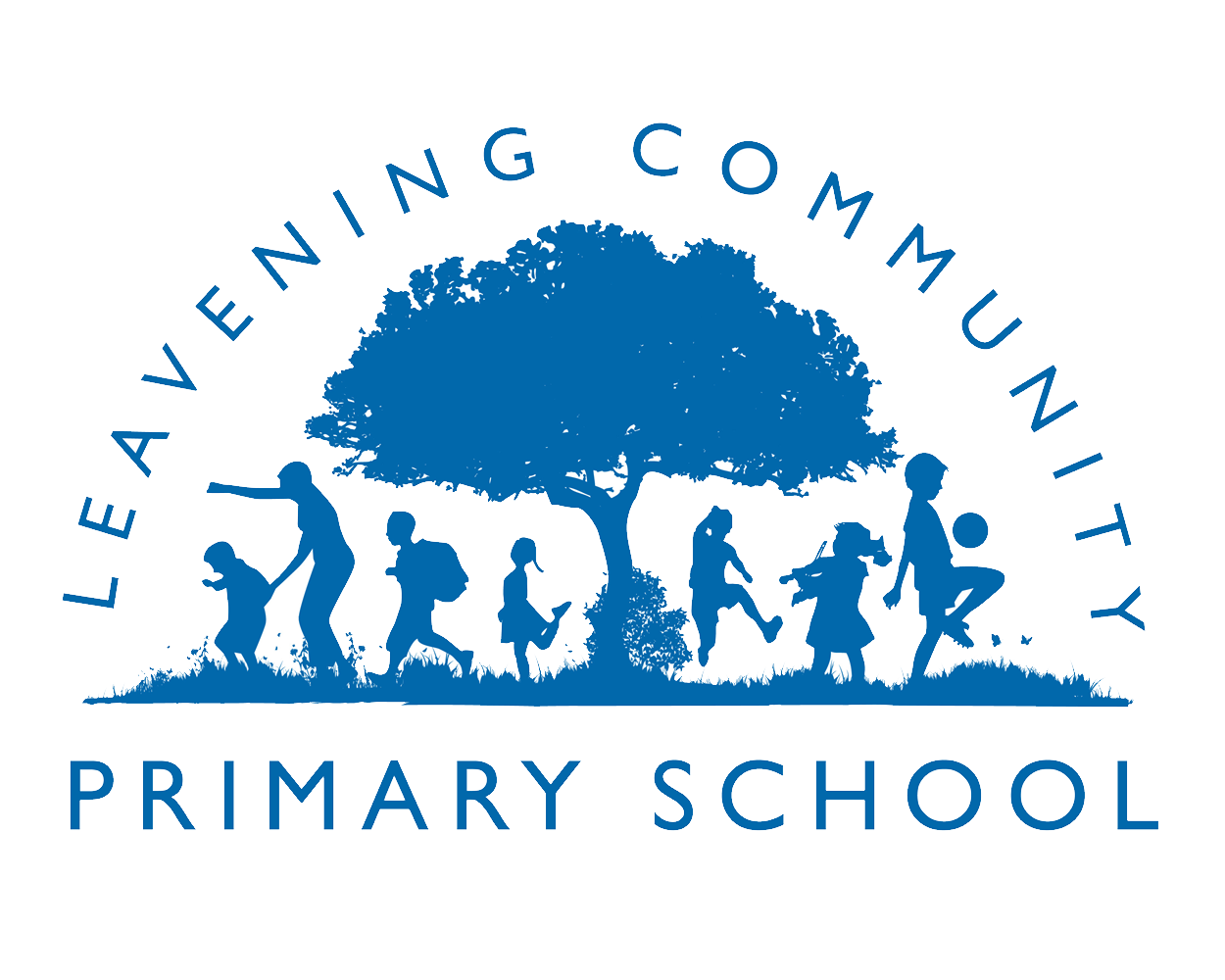“One child, one teacher, one book, one pen can change the world.”
Malala Yousafzai
Intent
At Leavening, English is at the heart of the curriculum. Our aim is to ensure that all children have access to a high quality, creative and engaging English curriculum that enables them to become confident, fluent and enthusiastic communicators through speaking and listening, reading and writing. These transferable skills are developed and practised in different contexts and situations and across the wider curriculum.
What English looks like at Leavening
Implementation
We follow the National Curriculum programme of study, which ensures consistency and progression across school.
Phonics
Phonics is taught daily in Early Years (Nursery and Reception) and Year 1, following the Little Wandle scheme.
Reading
Reading is given a high priority at Leavening and is taught daily. In Early years and Key Stage 1, children are taught discrete reading skills in small groups with books tailored to their needs. In Key Stage 2, high quality texts are carefully chosen for children to read the same whole class novel. We aim to promote a love of reading and children are actively encouraged and rewarded for reading at home through our reading awards that are celebrated in our Together Time assemblies each week. Every classroom has a dedicated book corner and in the Early years and Key Stage 1 the theme in these reading corners change to keep the children engaged. Staff and Volunteers in school read with individual pupils. Our KS2 children also ‘buddy up’ with our EYFS and KS1 children and read together each week.
Spelling
Spelling is timetabled each day and is taught from Y2 to Y6 following the North Yorkshire spelling scheme. Children start each session with a spelling activity that is an opportunity to practise spellings and spelling strategies that have been taught. In addition, spellings are supplemented with weekly spelling homework.
Grammar and Punctuation
Discrete Grammar and Punctuation lessons are taught throughout the week. These lessons link to the genre being taught in writing and or reading lessons to ensure that children have a strong awareness of the purpose and understanding of different grammatical features.
How we entwine English with our Leavening school values underpinning our purpose of ‘Together We Can’
|
|
Care, share and belong |
Children will learn to respect people from different cultures, backgrounds and periods through literature. They will develop empathy and compassion for other people through discussions about books. Children will develop a mutual respect for one another through collaboration and discussion about their work. |
|
|
Look and learn beyond the classroom |
Children have the opportunity to read, write and perform a wide variety of quality texts and explore and create, refining their work through editing and proof reading. They have a wide range of stimulus and write for a range of audiences. They have the chance to share and publish their work in a variety of ways including digitally, for real audiences and for displays in school. |
|
|
Have high aspirations and fulfil our potential |
Children are encouraged to aim high and produce work of a high standard. They are inspired by quality model texts and an exciting English curriculum. |
|
|
Learn with passion |
Children are encouraged to develop and hone their skills through editing and evaluating and also proof reading. Feedback is used positively to show children how to improve and progress. Children use resilience to produce their best work by applying their skills to a range of texts. |
Handwriting
At Leavening Primary School, our aim is that our children will be able to write clearly, fluently and quickly so that they can cope with the everyday demands of life and school. Letter formation is taught from nursery and all children are introduced to cursive handwriting from Reception in the Early Years. This embeds the skills of handwriting in a cursive style from the beginning, developing confidence, accuracy and fluency. Our personalised learning approach ensures we only introduce cursive joined when pupils are confident in forming each letter correctly. Children are given regular handwriting lessons, appropriate to the year group and class needs to ensure that they are able to practise this skill.
Writing
Writing is taught daily and we endeavour to provide stimulating opportunities to inspire children to write for a variety of audiences and purposes. We use visitors into school and visits out of school to help to provide real experiences for children to write about. In addition, a variety of stimulus such as film, media and high quality books chosen by the pupils are used to motivate and enthuse children. Following the National Curriculum programme of study, children are taught to plan, draft, edit and proof read their work. We use ICT to support this where appropriate.
How we know our English curriculum is successful
Impact
- Children will leave Leavening with the skills to become successful, lifelong learners.
- Children will become independent and fluent readers, able to read with accuracy, understanding and enjoyment.
- Children will have the study skills so that they will know how to access information in non-fiction texts.
- Children will be empowered to communicate through all types of narrative and non-fiction writing with a strong sense of audience and purpose.
- Children will have a secure understanding of Spelling, Grammar and Punctuation.
- Children will develop confident speaking and listening skills to enable them to interact with others, express feelings and emotions and present, share and reflect upon opinions, ideas and experiences.
